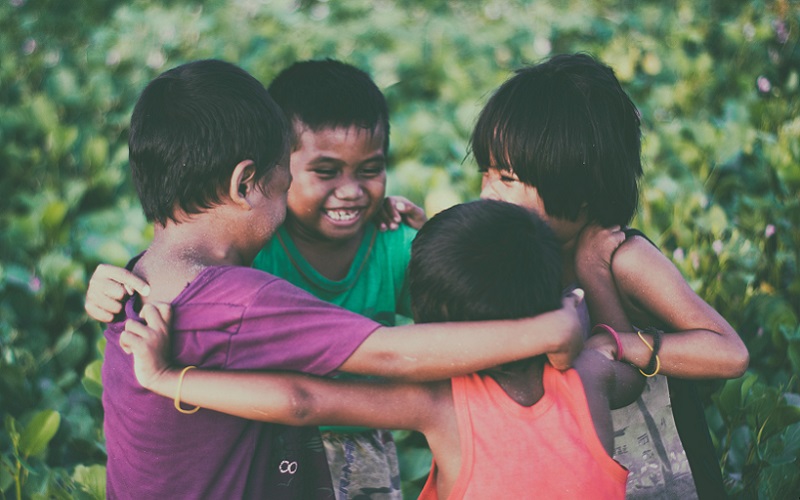
Now Is the Time for Effective Collaboration!

Now Is the Time for Effective Collaboration!
News
Mar 8, 2021
The COVID-19 pandemic has exposed systemic frailties and shortcomings throughout health systems worldwide. Recently, the crisis surpassed a devastating milestone, with over 2.3 million people having died from COVID-19. Many countries are still not following the evidence. Information sharing is needed to inform best practices and help countries reorient their public health strategies. Our responsibility as public health professionals and scientists is to share knowledge and channel the decision-making at political, clinical, managerial, and scientific levels as follows the evidence. When exchanges fail, countries make the same mistakes again and again. The struggle against COVID-19 will not be overcome unless we work together on a larger scale. We must bring all countries to their best performance and make cross-national collaboration a reality.
In the face of one of the greatest global challenges, the public health workforce has emerged empowered to fight their own war against widespread misinformation and inequity. As the pandemic worsens across many regions of the world, it is critical that this public health movement is not only sustained but also strengthened to coordinate a concerted response to tackle COVID-19. For these reasons, the World Federation of Public Health Associations, the Alliance of Public Health Associations of the Americas, the European Public Health Association, the African Federation of Public Health Associations, and the Asia Pacific Regional Liaison Office call on regional societies and national public health associations to re-emphasize their commitment to collaboration and to continue strengthening global partnerships. Knowledge from other countries must be readily accessible so that it can be taken advantage of to the fullest extent. By ensuring that each nation adopts the highest standards of public health practice, we will be able to come together and beat this pandemic. Without this discourse, we fear that many countries will lack the knowledge and resources needed to overcome the pandemic.
In this effort, WFPHA and the regional health associations are committed to creating new forums and opportunities for cross-national discussion. Moreover, online platforms can be consolidated to centralize and organize important pieces of information. Different regions have context-specific and cultural factors that influence decision-making; it is critical that the associations appreciate these differences and offer support to these countries as they respond to COVID-19.
Now is the time for effective collaboration. By inspiring unity amongst the public health associations, we can ensure that the regions most affected by the pandemic are equipped to develop appropriate policies and interventions.

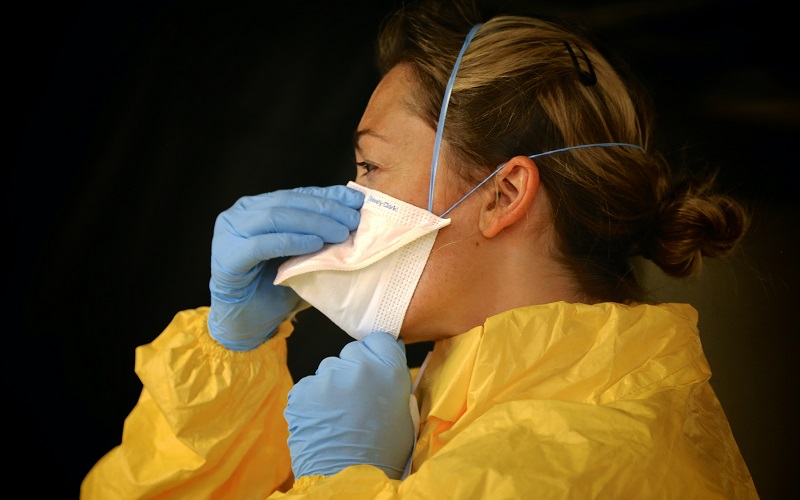

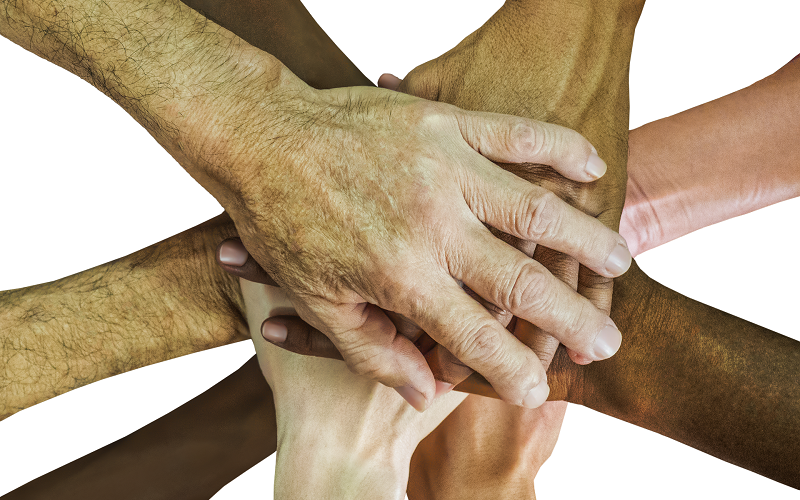
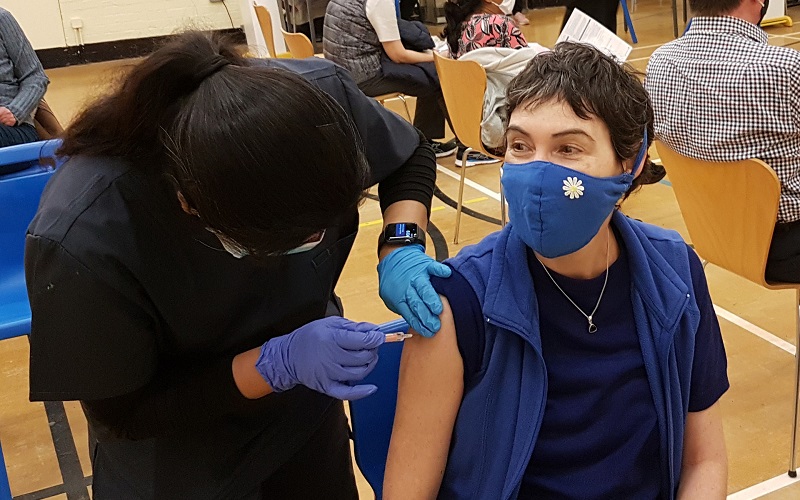
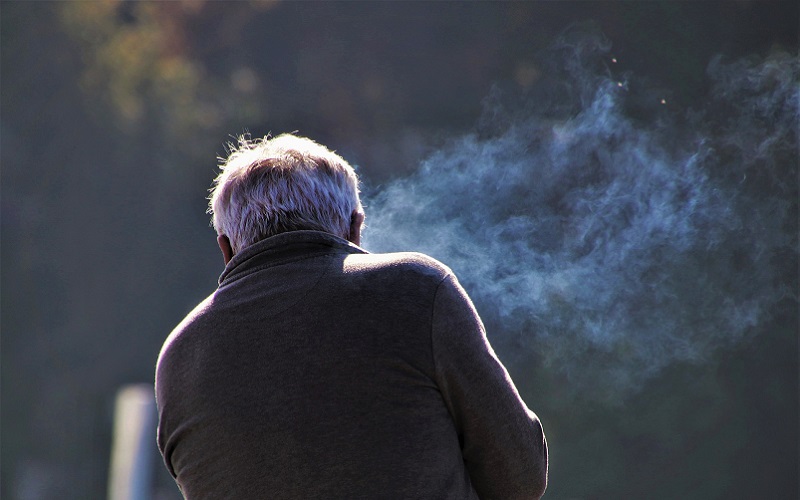
Recent Comments